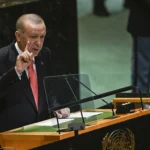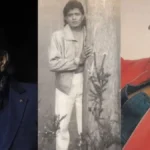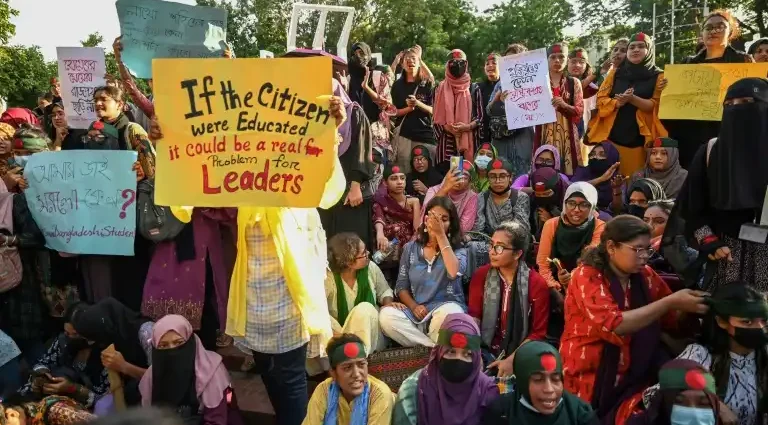Bangladesh students of college and universities have been forced to close until further notice following the deaths of six protestors over government job quotas.
Days have passed since university students staged protests against the government policy that reserves certain public sector positions for the kin of veterans who helped the nation win its independence from Pakistan in 1971.
Women, people of color, and people with disabilities are also excluded from certain jobs.
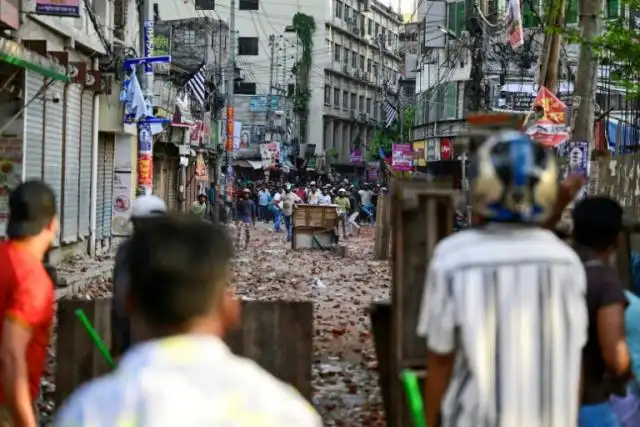
One-third of the posts are reserved for the relatives of people who are deemed to be war heroes. The students want recruitment to be done on the basis of merit and claim that the current system is discriminatory.
Several cities, including the capital Dhaka, this week witnessed clashes between supporters of the anti-quota movement and their opponents, particularly the student wing of the governing Awami League known as the Bangladesh Chhatra League (BCL).
Student groups attacked each other with bricks and sticks. Police fired tear gas and used rubber bullets to disperse the clashing groups. Student activists said hundreds of people had been injured in the attacks.
“We blame the BCL members for the violence. They killed the protesters. Police didn’t intervene to save the ordinary students,” Abdullah Salehin Ayoun, one of the co-ordinators of the anti-quota movement, told the BBC.
Government jobs are highly coveted in Bangladesh students because they pay well. In total, more than half of the positions – amounting to hundreds of thousands of jobs – are reserved for certain groups.
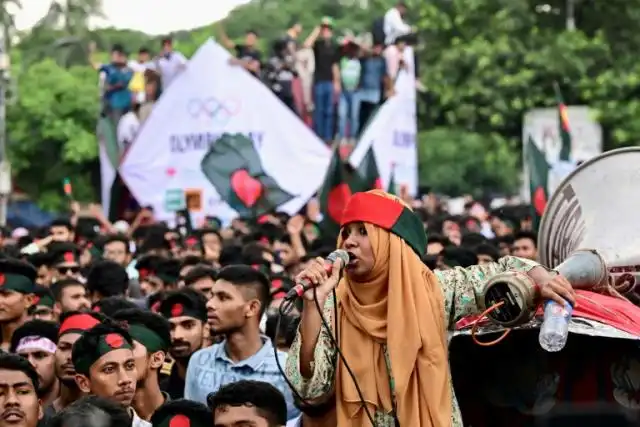
Critics say the system unfairly benefits the families of pro-government groups who support Prime Minister Sheikh Hasina, who won her fourth straight election in January.
Ms Hasina’s government abolished the reservation in 2018, following protests. But a court ordered the authorities to reinstate the quotas in early June, triggering the latest round of protests.
Officials say three people were killed in the southern port city of Chittagong and two in Dhaka, while one student was killed in the northern city of Rangpur by a stray bullet.
Media reports say at least three of those killed were students, though there is no official confirmation yet.
The government blames opposition groups for the violence.
“The student fronts of the opposition Jamaat-e-Islami and the Bangladesh Nationalist Party [BNP] have infiltrated this anti-quota movement. They are the ones who initiated the violence,” Law Minister Anisul Huq told the BBC.
Bangladesh students top court suspended the current system last week, but protests are expected to continue until it is permanently removed.
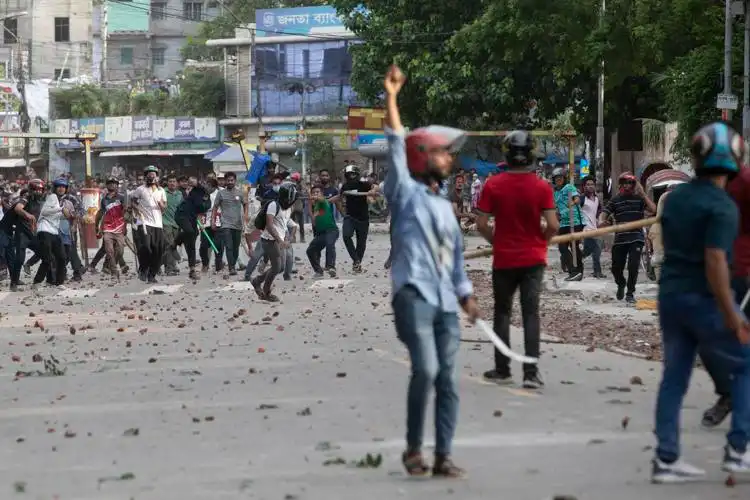
“The case has been listed for hearing on 7 August. Students have been given an opportunity to present their argument in the court,” Mr Huq said.
In a late-night operation on Tuesday, police raided the headquarters of the BNP, the main opposition party, in Dhaka, following the violent clashes.
Senior BNP leader Ruhul Kabir Rizvi said the raid was nothing but a drama and it was a message for the students to return home.
The protests have seen students blocking roads in Dhaka and other major cities, bringing traffic to a halt.
Student leaders said they were angered by recent comments by Ms Hasina who, they say, described those opposed to the job quotas as razakar – a term used for those who allegedly collaborated with the Pakistani army during the 1971 war.
Several student leaders said Ms Hasina had insulted them by comparing them to razakar. The comparison, they said, also encouraged BCL members to attack them.
They’ll beat me another day if I don’t stand up for myself today. That’s the reason I’m protesting in the streets,” Dhaka University student Rupaiya Sherstha told the BBC.
Government ministers, however, assert that Ms. Hasina’s remarks were misunderstood and that she did not refer to the students as razakar.
The state minister for information and broadcasting, Muhammad Ali Arafat, refuted claims that the Awami League’s student branch was the cause of the violence.
According to him, the unrest started when Dhaka residents of a hall were intimidated by students who opposed quotas.
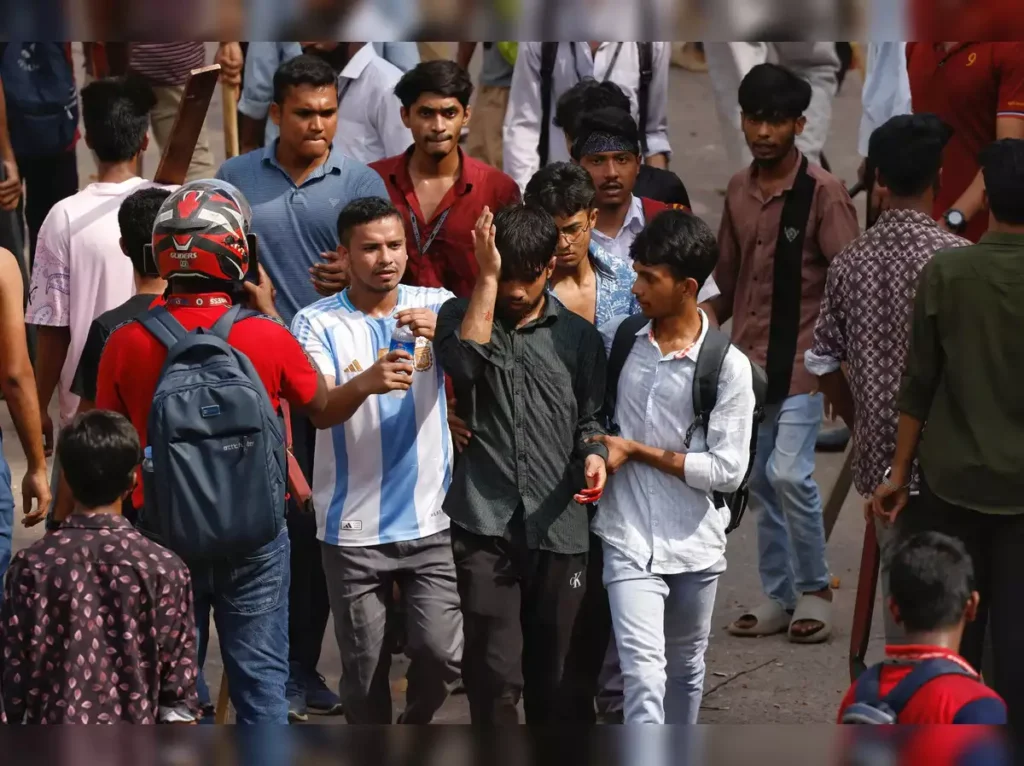
The government cannot benefit if there is chaos on college campuses. Mr. Arafat stated to the BBC, “We want to maintain peace.”
According to his spokesperson Stephane Dujarric, UN Secretary General António Guterres urged the government to “protect the demonstrators against any form of threat or violence.”
The students have pledged to keep up their demonstrations until their requests are fulfilled.
The Border Guards Bangladesh paramilitary has been stationed in five major cities, including Dhaka and Chittagong, as part of the government’s efforts to bolster security.
Read also : Capturing Smiles : 7 Reasons Selfies Are Good For Your Health


